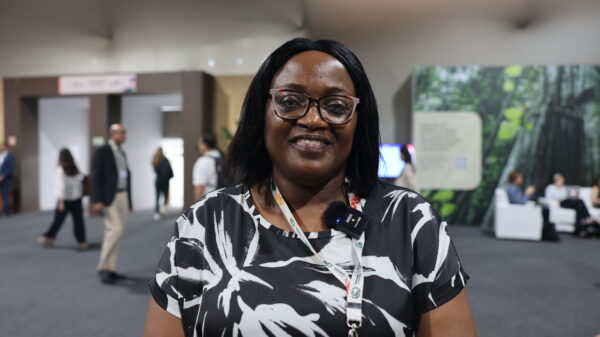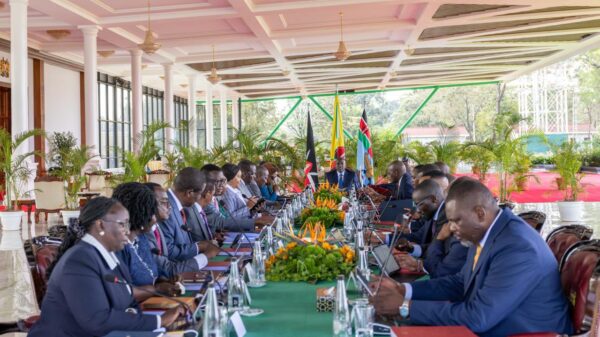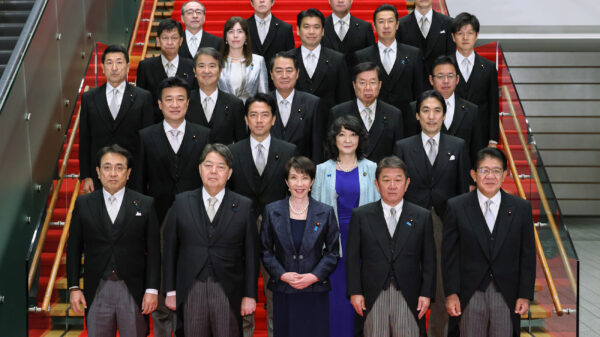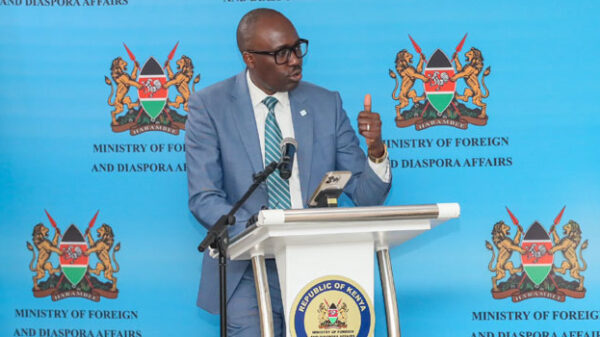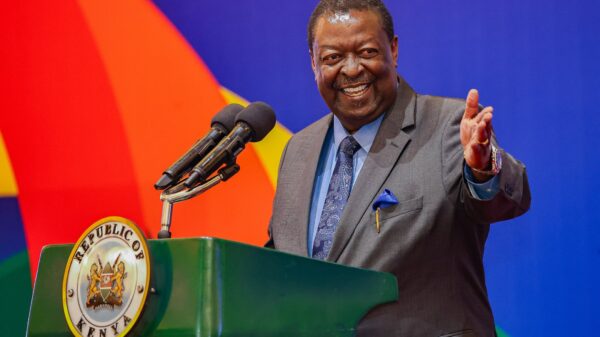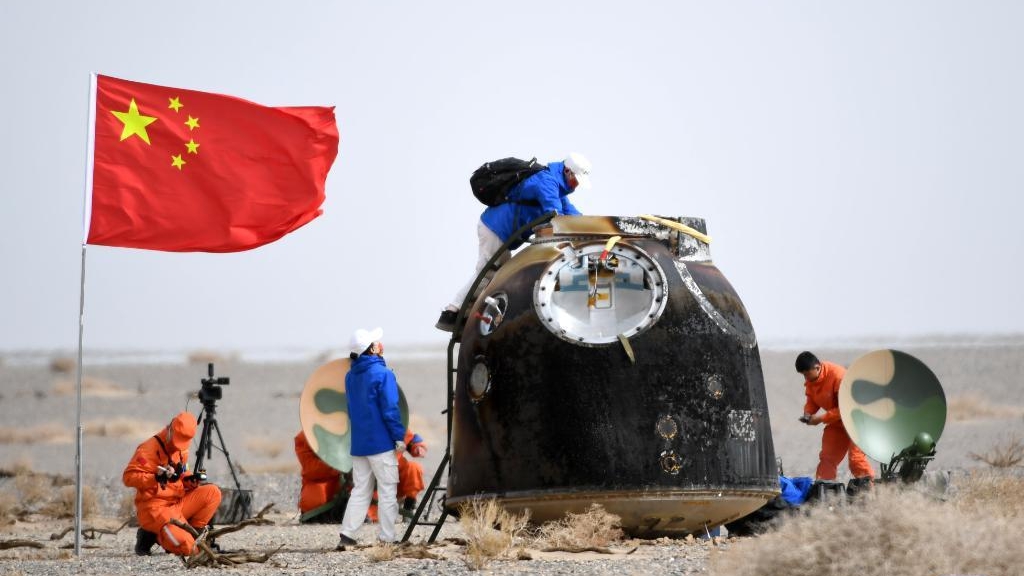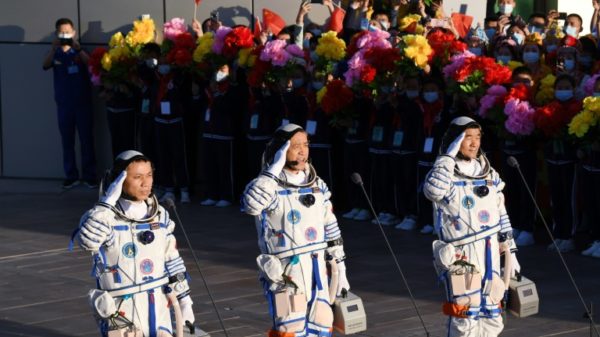The last several weeks have witnessed a spectacle that has gained interest the world over. The landing of China’s Shenzhou-13 space capsule in China’s Gobi Desert, Inner Mongolia on April 16 after six months in space has not only been hailed as a major leap for mankind, but also a first for women in China.
One of the three taikonauts (Chinese astronauts), Wang Yaping, went on record as the first Chinese woman to walk in space. For the avoidance of doubt, China became the third nation to send women into space with its own space programme in 2012. On June 16 the same year, Major Liu Yang became the first Chinese woman to travel to space aboard the Shenzhou-9 with two male counterparts to the Chinese space station Tiangong-1.
Yaping’s feat has further debunked the stereotype that women do not have the courage or expertise to undertake certain risky ventures usually seen as the preserve of men. Secondly, it has also debunked the notion arising from claims peddled by Western gender propagandists that China is a male-dominated society.
To erase all doubt about her skills and determination, Yaping also gave a 90-minute physics lesson to millions of high school students during her sojourn in space. With this lesson she inspired millions of girls and women not just in China but globally as well to consider careers in space science.
Similarly, the taikonaut recorded a video message for the United Nations office in Geneva, Switzerland, sending her greetings to women around the world during the International Women’s Day on March 8. To her five-year old daughter Yaping is a super mom. She must be dreaming right now how she is going to break mama’s record.
To promote gender equality and the development of women, China is making unremitting efforts to improve its legal system to protect the rights and interests of women, formulate and implement programs regarding women’s development, further improve relevant working organs, increase financial input and strengthen social awareness.
Now, Yang’s rare accomplishment has revealed the bigger picture of China’s strides in empowering women in the country. Much of this is contained in the speech by Chinese President Xi Jinping on October, 1 2020 to a high-level meeting on the 25th anniversary of the Fourth World Conference on Women that was held in Beijing, otherwise known as the Beijing women conference.
Xi noted that equality between men and women is a basic state policy in China. The country has created a legal system comprising over 100 laws and regulations for fully protecting women’s rights and interests. In fact, China is recognised by the World Health Organization as one of the 10 fast-track countries in women’s and children’s health. In China, the gender gap in compulsory education has been largely closed. Women account for over 40 percent of the country’s workforce, and more than half of China’s internet start-up businesses are set up by women.
It has always been a basic state policy of China to promote equality between men and women. Since New China was founded in 1949, especially since the adoption of the reform and opening-up policy in the late 1970s, and along with the continuous growth of China’s economy and the overall progress of its society, women are being given more guarantees of enjoyment of equal rights and opportunities with men and the development of women is being given unprecedented opportunities.
At the height of the battle against COVID-19, more than 40,000 health workers from across the country, two-thirds of them were women, rushed to Hubei Province which was hardest hit by the virus. Their courage and hard work have shown the very best of the medical profession.
Xi noted that China is prepared to continue supporting the global cause of women’s development. In the coming five years – from 2020 – China will donate an extra 10 million dollars to UN Women. The country will continue to fund the UNESCO Prize for Girls’ and Women’s Education. The Chinese President also proposed the convening of another Global Leaders’ Meeting on Gender Equality and Women’s Empowerment in 2025.
Still, Xi noted that we still have a long way to go to achieve a world in which women are free from discrimination, as well as a society of inclusive development. “Let us work together and redouble efforts to promote gender equality and advance the global cause of women’s development.”
[Stephen Ndegwa is a Nairobi-based communication expert, lecturer-scholar at the United States International University-Africa, author and international affairs columnist]













